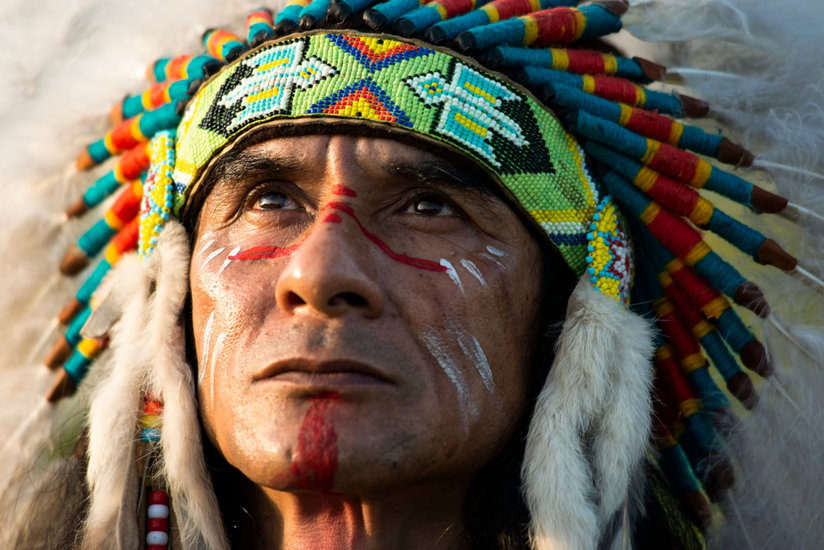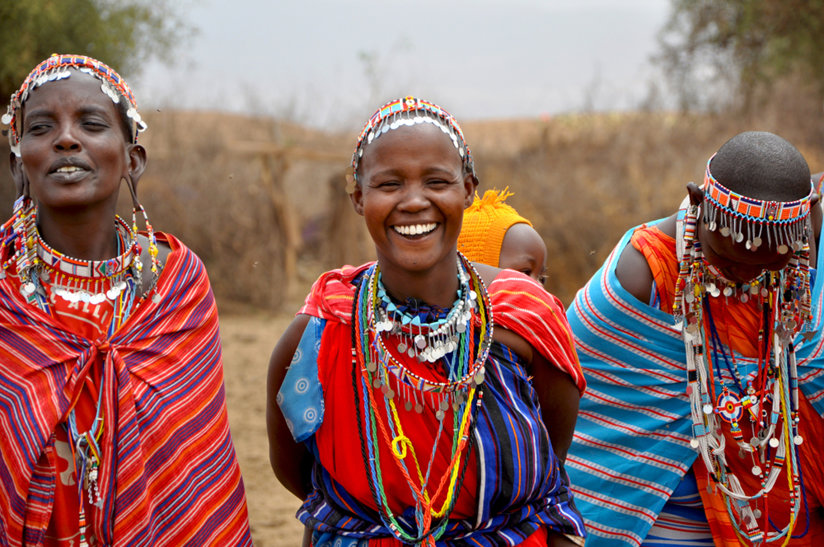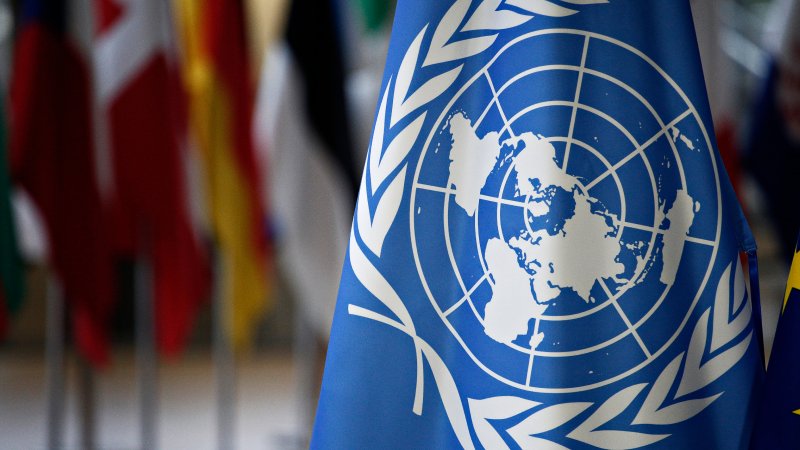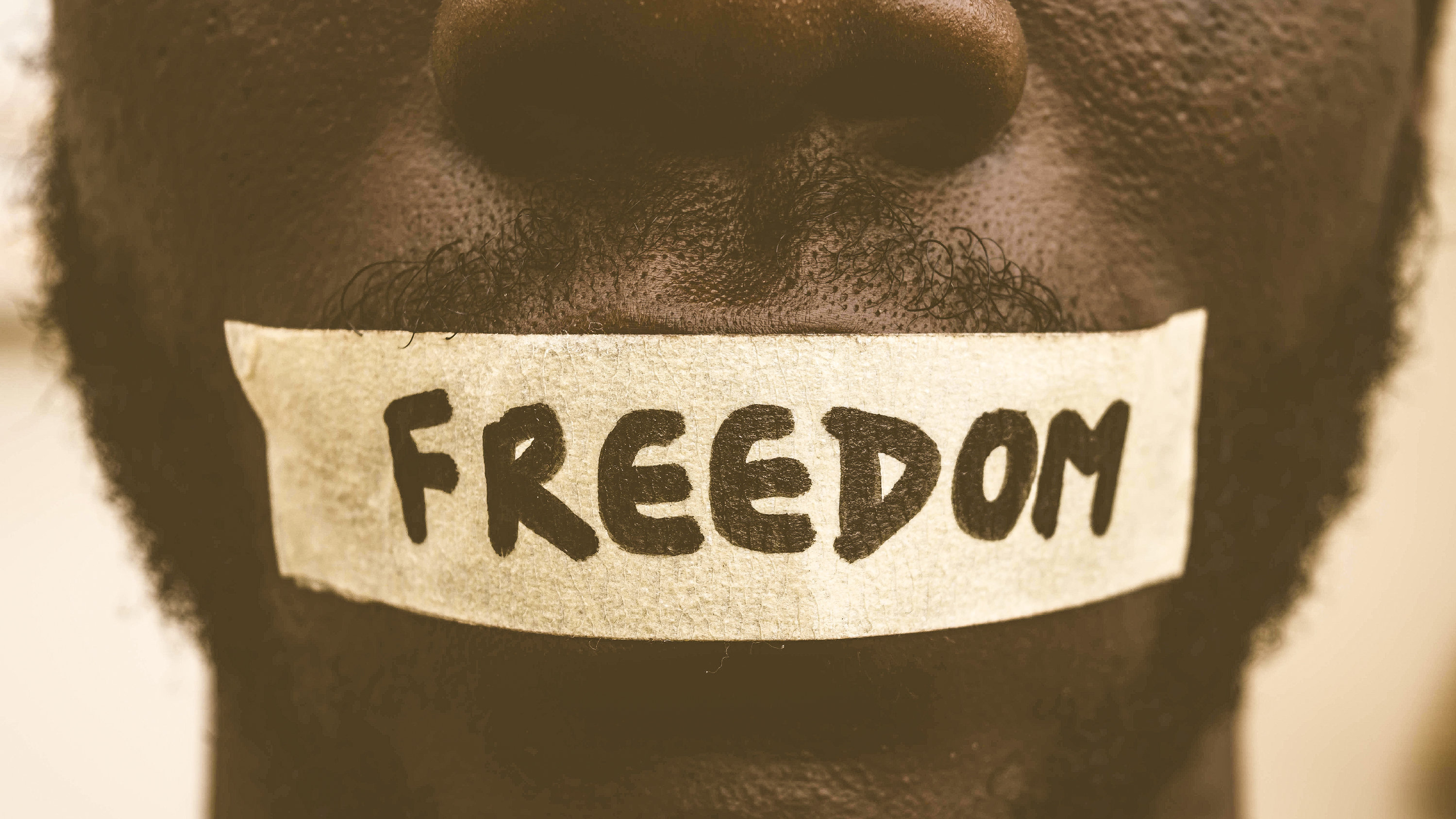
-
HOME
-
WHAT IS STANDOur Mission Our Values Our Help Contact
-
WHAT WE FIGHT FORReligious Freedom Religious Literacy Equality & Human Rights Inclusion & Respect Free Speech Responsible Journalism Corporate Accountability
-
RESOURCESExpert Studies Landmark Decisions White Papers FAQs David Miscavige Religious Freedom Resource Center Freedom of Religion & Human Rights Topic Index Priest-Penitent Privilege Islamophobia
-
HATE MONITORBiased Media Propagandists Hatemongers False Experts Hate Monitor Blog
-
NEWSROOMNews Media Watch Videos Blog
-
TAKE ACTIONCombat Hate & Discrimination Champion Freedom of Religion Demand Accountability
UN Honors 476 Million With International Day of the World’s Indigenous Peoples
“Either you fight for the human rights of your people or you lose everything. You cannot give up.”
– Joenia Wapichana
The people of the world speak in 7,000 tongues. The overwhelming majority of those languages are spoken by indigenous people and of those languages nearly 3,000 are in danger of vanishing entirely through neglect. They are not taught in school nor are they used in the public marketplace.

Indigenous people represent 5,000 different cultures and 476 million individuals inhabiting 90 countries. They are the custodians of the scriptures written on the earth, land and sea, their collective memory a reminder of where we come from and what we are made of. And though they comprise less than 5 percent of the world’s population, they make up 15 percent of the poorest.
For centuries, aboriginal peoples—otherwise known as Indigenous or First Nations—have been pushed aside by more “dominant” societies moving in. Their identities, language, traditional lands, natural resources, sacred sites, lives, livelihoods and spiritual practices have been tossed aside time and again as “inconvenient” or “irrelevant.”
To increase awareness of the needs of indigenous peoples, the UN commemorates the International Day of the World’s Indigenous Peoples each August 9, marking the first meeting of the UN Working Group on Indigenous Populations held in Geneva in 1982. That meeting ultimately led to the General Assembly approving the Declaration on the Rights of Indigenous Peoples 25 years later.
Identity, land, culture and language—human rights that so many in the world take for granted but are still hard fought and hard won by indigenous people.
The Declaration defines and lists the human rights of native peoples, including the rights to their own spiritual and ceremonial practices and expressions, language, identity, health, employment and other issues, not the least of which is “their right to remain distinct.”
The importance of the Declaration, according to Grandmother Mona Polacca, Founding Member of the International Council of 13 Indigenous Grandmothers, was that it was the first recognition of the human rights of indigenous peoples who priorly—despite treaties and promises—were not, she says, treated like human beings. Grandmother Polacca, a Hopi/Havasupai/Tewa elder from Arizona, pointed out, however, that at the state level “our rights still need to be acknowledged.”
Joenia Wapichana is fighting for those rights. She is a member of the Wapichana tribe of northern Brazil, the first indigenous female lawyer in that country. In 2008, Ms. Wapichana took up the case of Raposa Serra do Sol, an indigenous reserve that had experienced repeated vandalism, beginning with broken windows and escalating to the kidnapping of priests and the burning and destruction of buildings.
She argued and won that case before the Brazilian Supreme Court as the first indigenous woman to appear before the high court, and thereby secured the exclusive rights of the indigenous inhabitants to their land. “Without land you have no education, no health, no environment, no economy,” Ms. Wapichana said. “That’s why indigenous land demarcation is a human rights issue as well.”

Identity, land, culture and language—human rights that so many in the world take for granted but are still hard fought and hard won by indigenous people and those advocating with and for them. And in spite of their hard work, unacceptable conditions continue to prevail. Still, indigenous peoples are nearly three times as likely to be living in extreme poverty compared to their non-indigenous counterparts. Still, 47% of all employed indigenous peoples are uneducated compared to 17% of their non-indigenous counterparts. And still, 86% of indigenous peoples globally work in the informal economy, compared to 66% of their non-indigenous counterparts.
Raising awareness through special days like the UN International Day of the World’s Indigenous Peoples certainly helps. And active voices like Grandmother Polacca and Joenia Wapichana help as well. But it will take a concerted multinational cooperative effort to acknowledge and apply the rights so many others enjoy to the 5% who carry with them the identity and culture of the Original Inhabitants of the world.
As Joenia Wapichana puts it, “Either you fight for the human rights of your people or you lose everything. You cannot give up.”









